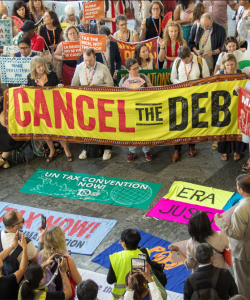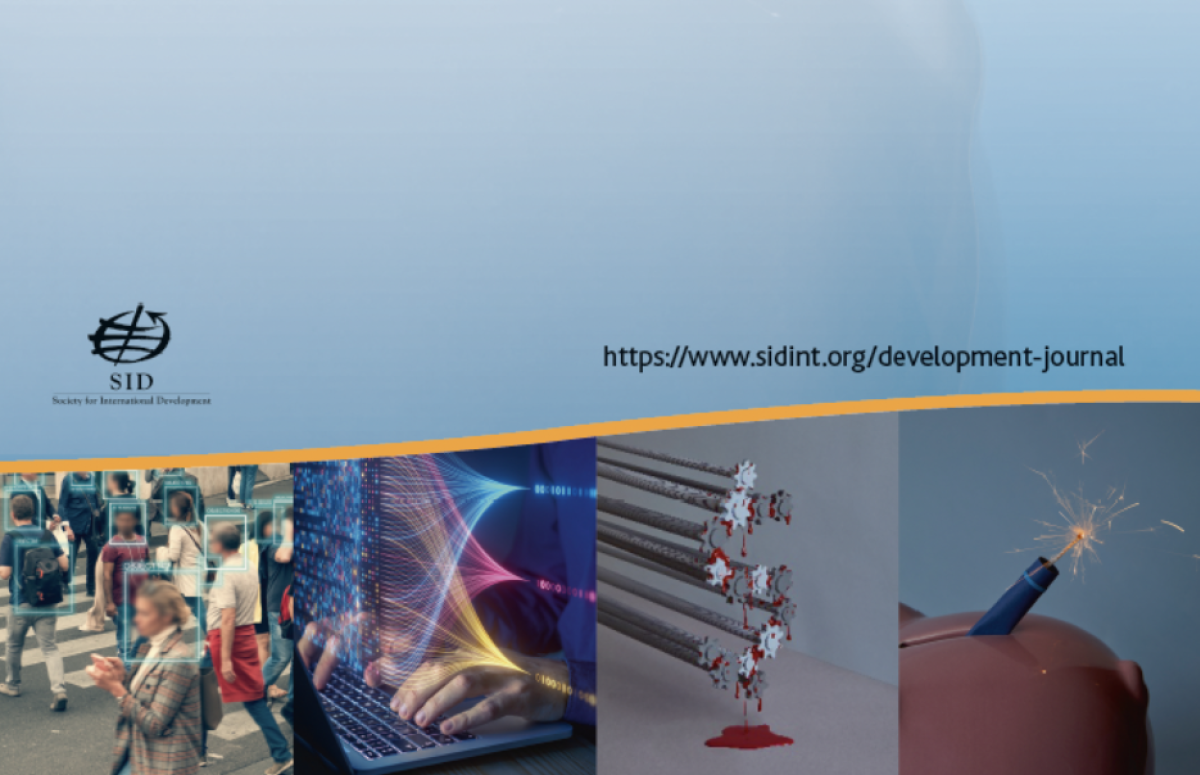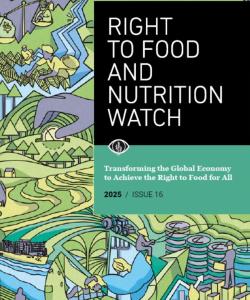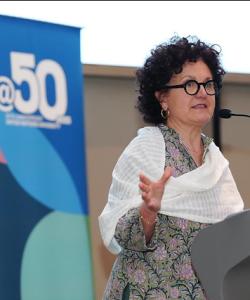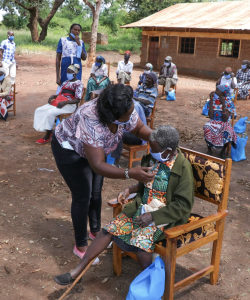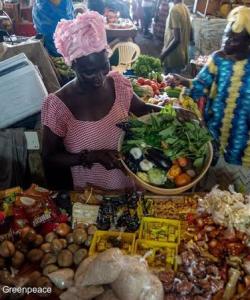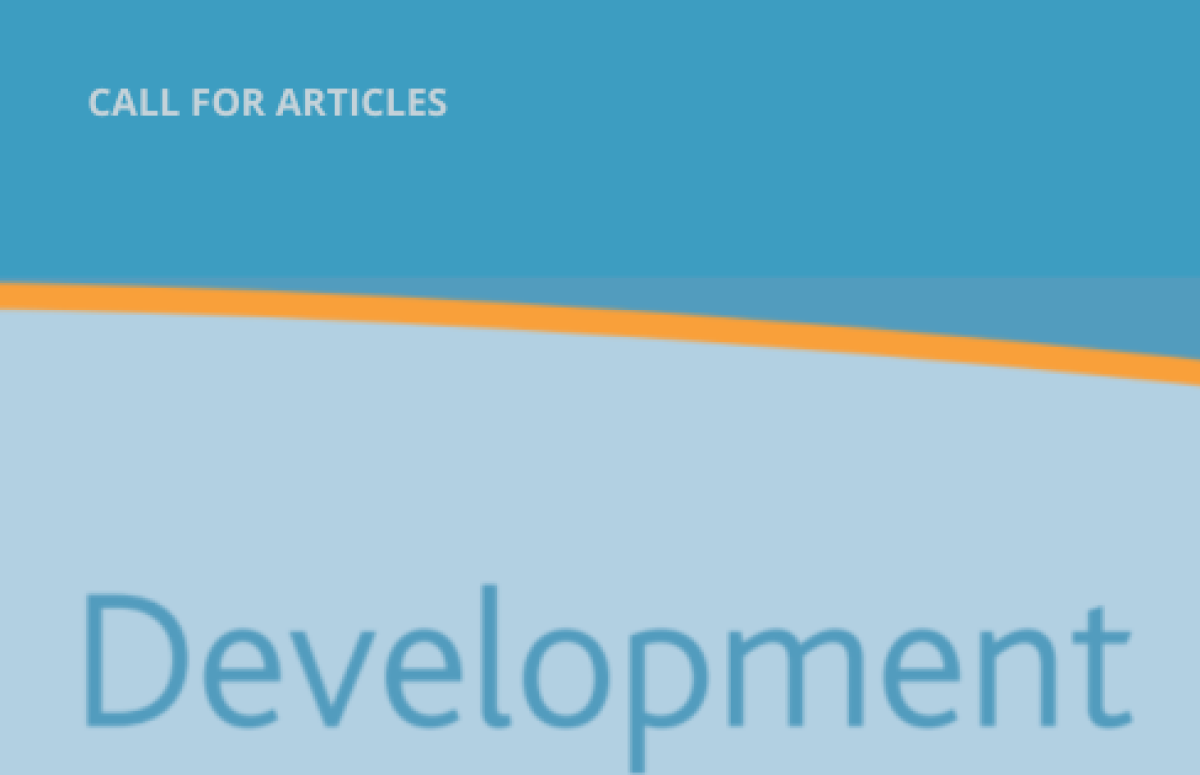News
On 3 July 2025, over 100 members of civil society organizations, trade unions, movements and networks from around the world gathered inside the Fourth International Conference on Financing for Development (FfD4) official venue for a peaceful action.
The Society for International Development launches Development Volume 67, Issue 3-4, “Tackling Debt Traps: Rethinking International Debt Architecture & Debt Sustainability Assessments".
The 2025 edition of the Right to Food and Nutrition WATCH explores the connection between financial reform and the human right to adequate food and nutrition.
On 22 April 2025, SID joined global health leaders at a symposium in Kuala Lumpur to examine the growing influence of private actors in health governance. Convened by UNU-IIGH and Third World Network, the event brought together over 100 experts to discuss corporate power, inequality, and the urgent need for accountability in global health systems.
This WHA78 side event will see experts explore how the global financial system's flaws impact health financing and advocate for reforms that promote equity, sustainability, and universal access to health.
April 16th 2025 - Faced with a global financial system that undermines the right to food and food sovereignty, civil society and Indigenous Peoples’ organisations called on governments to strengthen public policies and financing that favour local food production, to guarantee transparency and effective accountability mechanisms, and to ensure the active participation of small-scale producers in the design, monitoring and evaluation of these policies.
The Development Journal (edited by the Society for International Development and published by Palgrave Macmillan) is pleased to announce a call for articles for a special issue in collaboration with the Nawi Afri-fem Collective on "Pan-African Feminist Labour Narratives".
The Development Journal (edited by the Society for International Development and published by Palgrave Macmillan) is pleased to announce a call for articles for a special issue on "Religion, Faith, and Development: Navigating Emerging Trends, Challenges, and the Future of Secularism".

